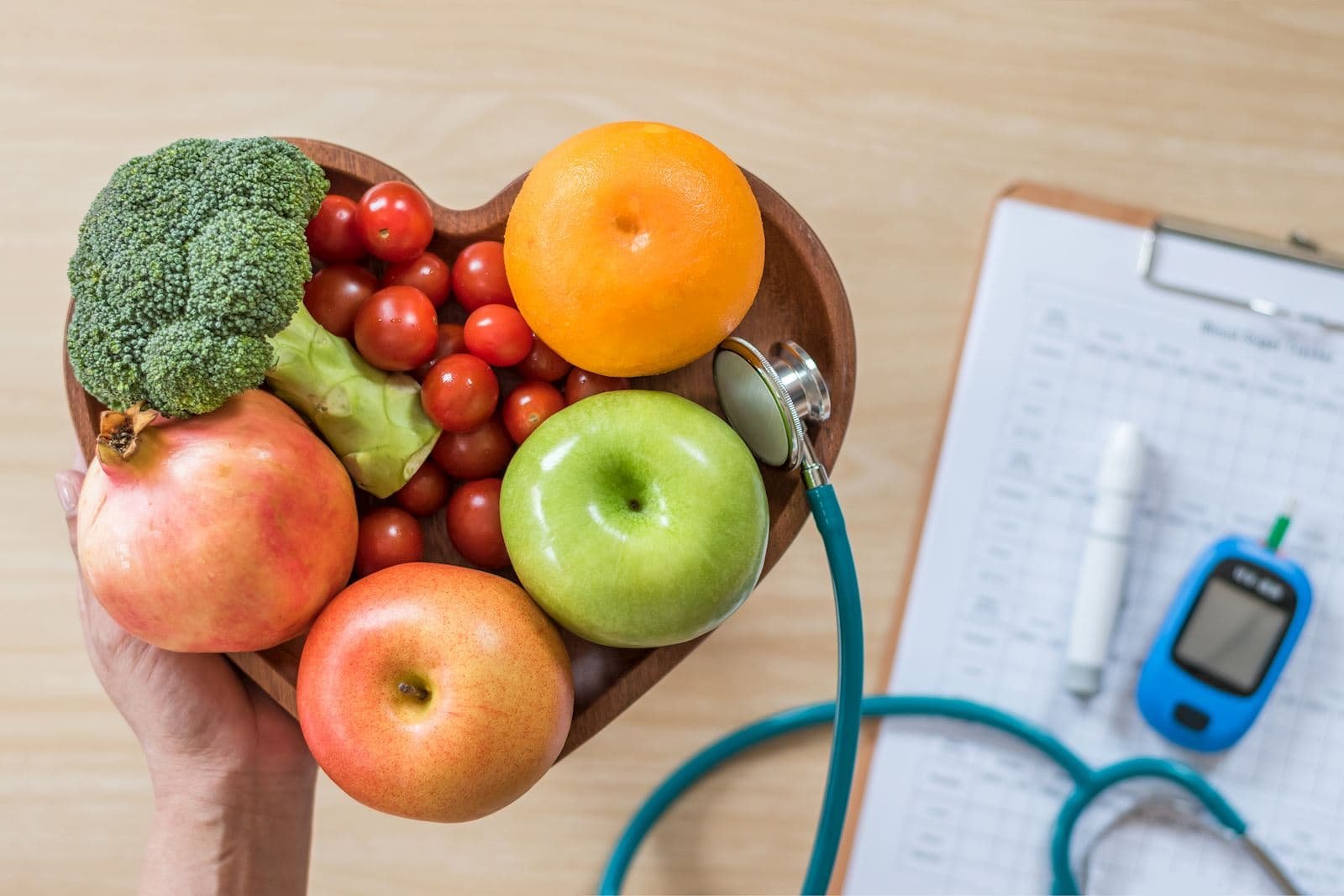
Every year, millions of soldiers sacrifice their health and personal lives for the future of the nation. When they come back home, they deserve our respect and support, the right to a respectable life, and access to specialized services that cater to their unique requirements. However, for millions of veterans, life after homecoming is almost as challenging as military life. Veterans are at higher risk of suffering from chronic health conditions, having mental health disorders, and can encounter difficulties adapting to life after service. But beyond these relatively well-known challenges, there’s also another problem: many veterans struggle with nutrition, and the issues can range from hunger and food insufficiency to obesity.

Many veterans are either malnourished or obese.
Having a healthy, balanced diet is essential for veterans, but studies paint a bleak picture. A study published in Public Health Nutrition found that the rate of food insecurity in veterans was twice as high compared to the general population, and according to another study, from the National Center on Homelessness Among Veterans, 50% of veterans who were homeless or at-risk of homelessness also struggle with hunger. And while programs such as SNAP have made a generous contribution to ending food insufficiency among veterans, COVID-19 was a major setback. Because of the pandemic, millions of veterans have experienced severe financial shortages, which has put a strain on existing food banks.
At the same time, the rate of veterans with obesity is also rising at alarming rates, and addressing this problem is more complicated because the causes are more complex than poverty. For example, one study found that 51% of wounded veterans are overweight, and, for them, fear of injury is one of the biggest impediments of leading an active life. At the same time, veterans are more likely to experience stress, anxiety, and depression, all of which can include binge-eating as one of the symptoms. But what all these veterans have in common is the lack of access to informative nutritional resources. Most veterans imagine that fresh and healthy foods are too over their budget and resort to cheaper alternatives, such as fast food or pre-cooked meals. Fortunately, there are ways to eat healthy, even on a low budget.
Why healthy nutrition is particularly important for veterans
Eating healthy food and maintaining a normal weight is a great health goal for everyone, but veterans in particular should pay extra attention to what they put on their plates because they have a medical and lifestyle background that makes them susceptible to certain health conditions. All the illnesses that have a high prevalence among the veteran population (heart disease, type 2 diabetes, cancer) require special nutritional attention, and mental health disorders, which affect many veterans can also be managed by having a diet rich in fruits, vegetables, lean meats, and whole grains. These food groups not only offer the body the nutrients it needs to stay healthy and fight off diseases, but are good for your brain too. Studies have shown that a healthy diet can decrease the risk of psychological disorders and promotes a sense of wellbeing.
Eating healthy doesn’t have to cost a fortune – tips for eating well on a budget.
For many veterans, a healthy and balanced diet is something they strive towards, but also something that they feel is out of reach. On the Web, there are countless comparison images showing a burger that costs $0.99 next to a salad that costs $4.99, used as an argument to prove that eating healthy is expensive. But the comparison isn’t really fair because, in a supermarket, you can find healthy options at an affordable cost. According to a study from the Journal of Consumer Research, one of the reasons why we have the feeling that healthy food is expensive is that we associate healthy food with labels such as “organic” and “vegan-friendly”, and “gluten-free,” which can cost more. But food doesn’t have to have these labels to be healthy. Look on what’s inside, not on the brand name – generic store brands can be just as good for you as name brands.
Plus, there are many smart ways to save. For example, if you plan to use weight, you can use Nutrisystem coupons for savings of up to $100 on meal plans. This way, it’s easier to stick to your diet and avoid the temptation of snacking on whatever’s in the fridge. When shopping in supermarkets, go towards the end of the day, when stores tend to drop prices to clear their stock. If you can, shop for groceries online. Apart from the fact that it’s much easier to stick to the shopping list, you can also compare prices and have more control over the bill.
Another essential tip if you want to eat well for less is to maximize all the ingredients in your pantry, cook at home, and reuse leftovers. In the US, we waste up to 40% of our total food supply – that’s over $160 billion worth of food. And while supermarkets carry most of the blame, domestic food waste is a problem too, and we often ignore just how much we throw away every day.
When trying to change your diet and include healthier options, be realistic and take things gradually. Don’t buy an entire cart filled with vegetables, only to have them go bad in the fridge and go back to fast food. Start slow, buy a little bit of everything to try out several combinations, and freeze the ingredients that you don’t use.
If you are worried that you do not have food security, you are not alone. In the US, there are many government organizations and NGOs that can help you enroll in nutrition assistance programs and improve health outcomes. For example, SNAP has helped 1.5 million households with veterans put food on the table. Contact your local VA office for support.
ATTENTION READERS
We See The World From All Sides and Want YOU To Be Fully InformedIn fact, intentional disinformation is a disgraceful scourge in media today. So to assuage any possible errant incorrect information posted herein, we strongly encourage you to seek corroboration from other non-VT sources before forming an educated opinion.
About VT - Policies & Disclosures - Comment Policy



